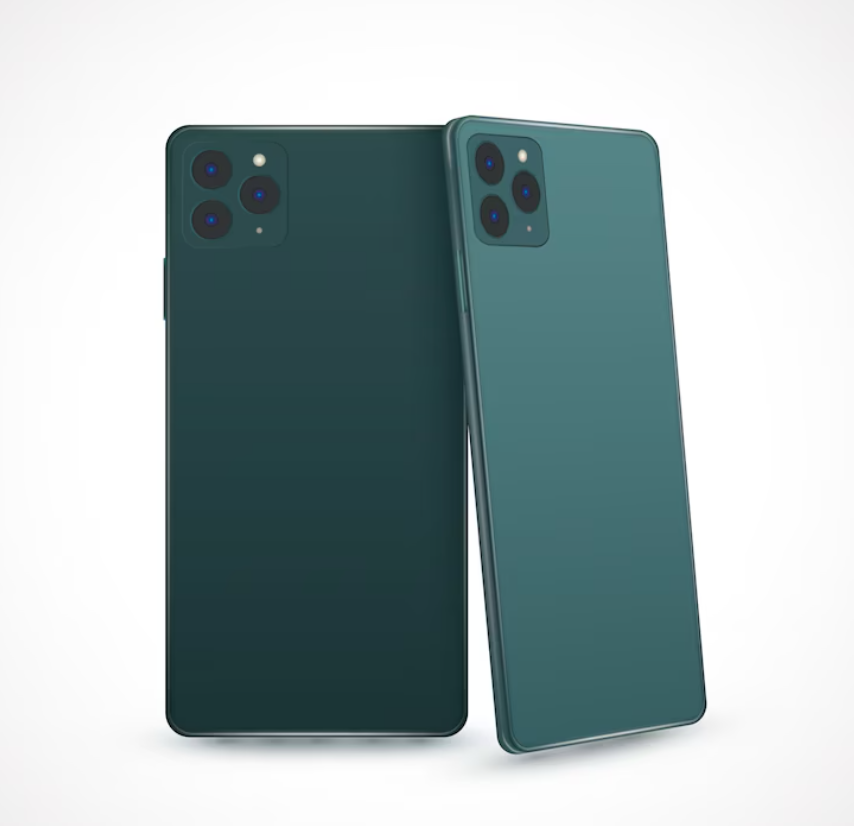Samsung’s bold New 12 months decision to grow to be an “undisputed chief” in AI for telephones indicators its intent to dominate a aggressive and quickly evolving market. Right here’s a breakdown of what this might imply for the corporate, its merchandise, and the business as an entire:
Samsung’s AI Ambitions: Key Areas of Focus
- On-Machine AI Processing
- Enhanced NPUs (Neural Processing Models): Samsung is prone to make investments closely in enhancing the effectivity and energy of its NPUs for quicker, energy-efficient AI duties.
- Offline Capabilities: Superior on-device AI may deal with complicated duties like voice recognition, picture processing, and augmented actuality (AR) with out counting on cloud processing.
- AI-Powered Cameras
- Scene Optimization: AI algorithms will additional improve picture high quality by recognizing scenes, optimizing colours, and enhancing readability in real-time.
- Computational Pictures: Options like AI-guided framing, multi-exposure HDR, and dynamic low-light changes will compete immediately with Google and Apple.
- Voice Assistants and Sensible Options
- Bixby Overhaul: Samsung may intention to make Bixby an actual competitor to Google Assistant and Alexa, with higher pure language processing (NLP) and deeper integration into the Samsung ecosystem.
- AI Solutions: Proactive strategies for app utilization, personalised settings, and productiveness enhancements may redefine the smartphone expertise.
- AI Integration Throughout Ecosystems
- SmartThings Platform: AI may unify Samsung’s gadgets—telephones, TVs, home equipment, and wearables—for seamless cross-device performance.
- IoT Developments: Smarter dwelling automation and contextual gadget interactions would strengthen Samsung’s ecosystem enchantment.
- Generative AI and Creativity Instruments
- Samsung may combine AI instruments for creating artwork, modifying movies, and producing music, competing with apps that depend on exterior AI fashions.
Challenges Samsung Faces
- Competitors
- Rivals like Apple (with its tight hardware-software integration) and Google (pioneers in AI and computational images) current important challenges.
- Chinese language manufacturers like Xiaomi and Huawei are additionally advancing quickly in AI-driven options.
- Software program-First Experience
- Whereas Samsung excels in {hardware}, its software program choices like Bixby have lagged. Bridging this hole is essential for AI management.
- Privateness Considerations
- As AI capabilities develop, Samsung will want strong insurance policies to make sure knowledge safety and consumer privateness, particularly for on-device AI and cloud integration.
- Power Effectivity
- AI duties are resource-intensive, making energy-efficient implementation vital to keep away from negatively impacting battery life.
What This Means for Customers
- Higher Person Expertise
- Enhanced personalization, smarter interactions, and feature-rich cameras will elevate the day by day smartphone expertise.
- Ecosystem Synergy
- Customers in Samsung’s ecosystem may gain advantage from seamless integration between gadgets, powered by superior AI.
- International Influence
- AI management may affect rising markets, providing reasonably priced but clever gadgets to a broader viewers.
What Samsung Must Do
- Prioritize R&D
- Allocate assets to AI-focused analysis and partnerships with tutorial establishments and startups.
- Refine Software program and UX
- Deal with creating intuitive and dependable AI-powered software program to enrich its {hardware}.
- Clear Advertising
- Clearly talk how AI options present tangible advantages to customers, avoiding overhyped claims.
Trying Forward
Samsung’s ambition to guide in AI aligns with broader business developments the place AI is integral to innovation. Success on this space will hinge on delivering significant developments that resonate with customers.
Would you want insights into particular Samsung tasks, comparisons with rivals, or predictions for the way forward for AI in smartphones?



